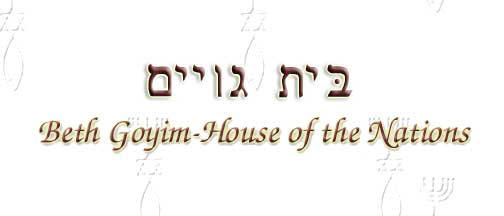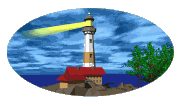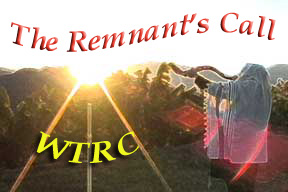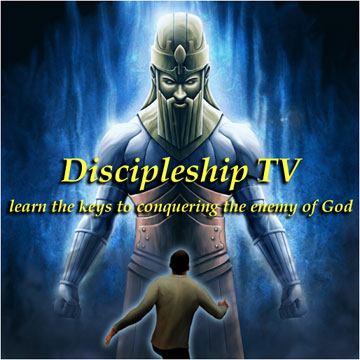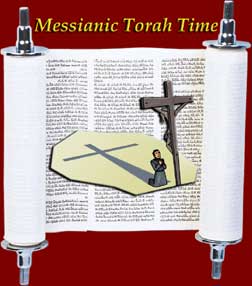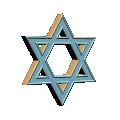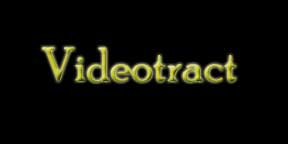
Parash 13 Shemot 1:1-6:1
The Book of Sh’mot (Exodus)
Synopsis – The Children of Israel multiply in Egypt. Threatened by their growing numbers, Pharaoh enslaves them and orders the Hebrew midwives, Shifrah and Puah, to kill all male babies at birth. When they do not comply, he commands his people to cast the Hebrew babies into the Nile. A child is born to Jocheved, the daughter of Levi, and her husband, Amram, and placed in a basket on the river, while the baby's sister, Miriam, stands watch from afar. Pharaoh's daughter discovers the boy, raises him as her son, and names him Moses. As a young man, Moses leaves the palace and discovers the hardship of his brethren. He sees an Egyptian beating a Hebrew and kills the Egyptian. The next day he sees two Jews fighting; when he admonishes them, they reveal his deed of the previous day, and Moses is forced to flee to Midian. There he rescues Jethro's daughters, marries one of them - Zipporah - and becomes a shepherd of his father-in-law's flocks. God appears to Moses in a burning bush at the foot of Mount Sinai and instructs him to go to Pharaoh and demand: "Let My people go, so that they may serve Me." Moses' brother, Aaron, is appointed to serve as his spokesman. In Egypt, Moses and Aaron assemble the elders of Israel to tell them that the time of their redemption has come. The people believe; but Pharaoh refuses to let them go, and even intensifies the suffering of Israel. Moses returns to God to protest: "Why have You done evil to this people?" God promises that the redemption is close at hand.
The second book of Moses is called שׁמות ואלה in the Hebrew Codex from the opening words; but in the Septuagint and Vulgate it has received the name Ἔξοδος, Exodus, from the first half of its contents. It gives an account of the first stage in the fulfillment of the promises given to the patriarchs, with reference to the growth of the children of Israel into a numerous people, their deliverance from Egypt, and their adoption at Sinai as the people of God. It embraces a period of 360 years, extending from the death of Yoseph/Joseph, with which the book of Beresheet/ Genesis closes, to the building of the tabernacle, at the commencement of the second year after the departure from Egypt.
During this period the rapid increase of the children of Israel, which is described in Exo 1, and which caused such anxiety to the new sovereigns of Egypt who had ascended the throne after the death of Yoseph, that they adopted measure for the enslaving and suppression of the ever increasing nation, continued without interruption. With the exception of this fact, and the birth, preservation, and education of Moshe/Moses, who was destined by God to be the deliverer of His people, which are circumstantially related in Exo 2, the entire book from Exo 3 to Exo 40 is occupied with an elaborate account of the events of two years, viz., the last year before the departure of the Israelites from Egypt, and the first year of their journey. This mode of treating the long period in question, which seems out of all proportion when judged by a merely outward standard, may be easily explained from the nature and design of the sacred history.
The 430 years of the sojourn of the Israelites in Egypt were the period during which the immigrant family was to increase and multiply, under the blessing and protection of God, in the way of natural development; until it had grown into a nation, and was ripe for that covenant which Yehovah had made with Avraham/Abraham, to be completed with the nation into which his seed had grown. During the whole of this period the direct revelations from God to Israel were entirely suspended; so that, with the exception of what is related in Exo 1 and 2, no event occurred of any importance to the kingdom of God. It was not till the expiration of these 400 years, that the execution of the divine plan of salvation commenced with the call of Moshe/Moses (Exo 3) accompanied by the founding of the kingdom of God in Israel. To this end Israel was liberated from the power of Egypt, and, as a nation rescued from human bondage, was adopted by God, the Lord of the whole earth, as the people of His possession.
